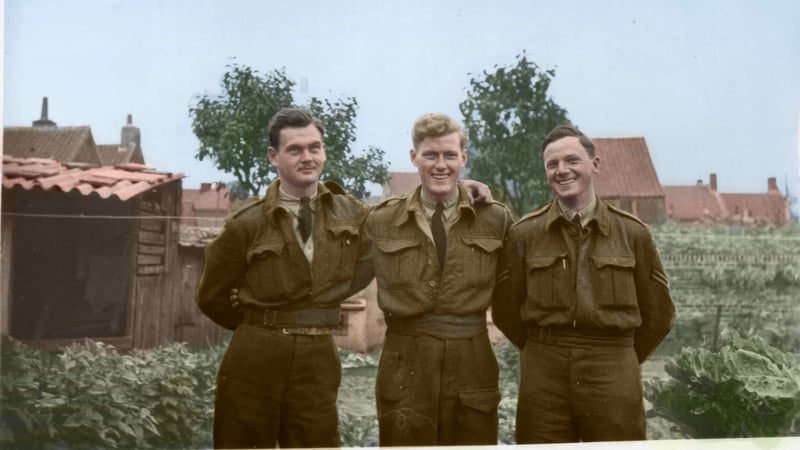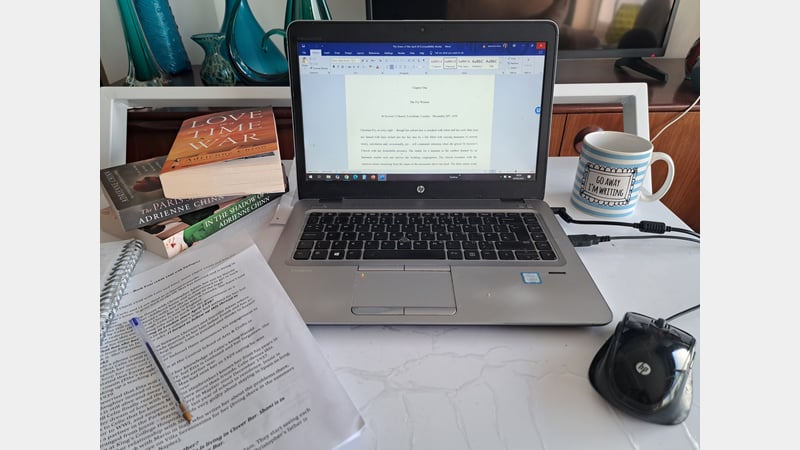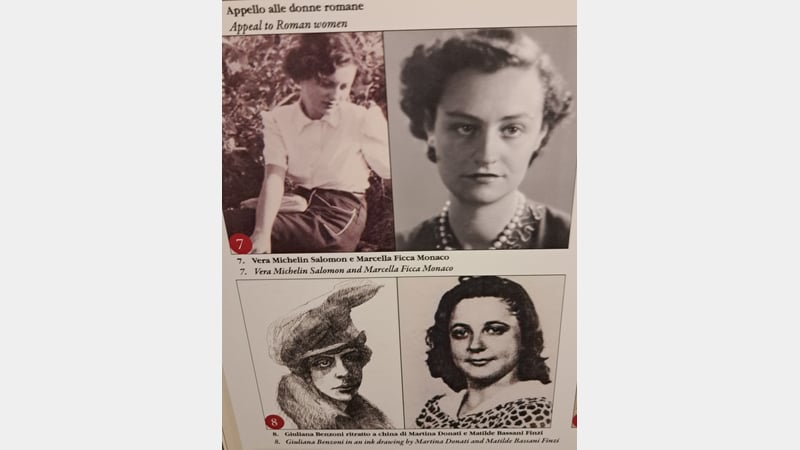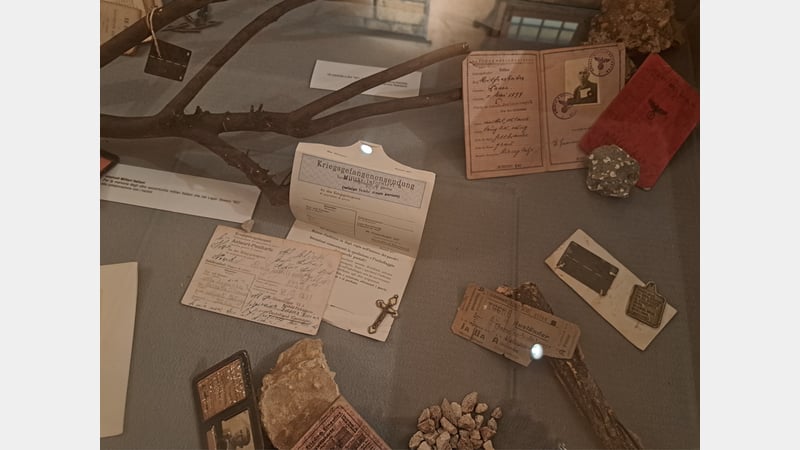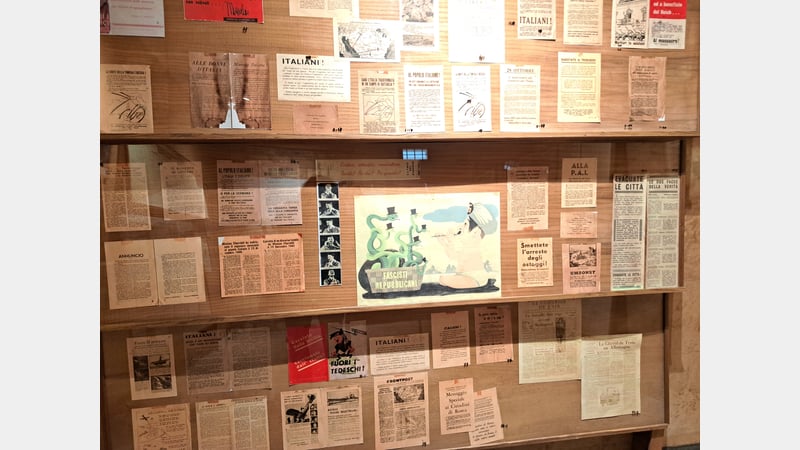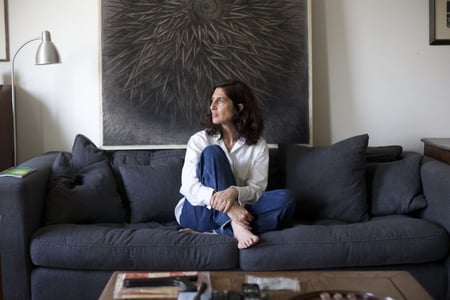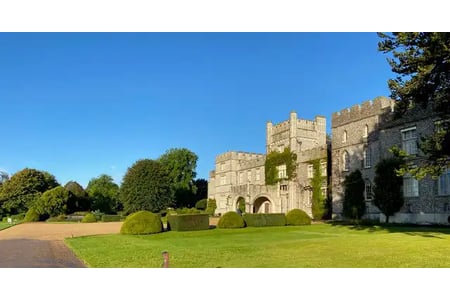Historical Fiction Writing with Adrienne Chinn
Adrienne Chinn teaches the Certificate in Historical Fiction Writing at West Dean, an engaging writing course teaching students the key elements of successful historical fiction writing over three weekends in an academic year.
She is the author of six novels including The English Wife (2020), which became an international bestseller, reaching No. 2 in Canada and making the top 100 on USA Today’s fiction bestsellers list; and The Queen’s Necklace (September 2025). She is now writing the final book in the The Three Fry Sisters series, due to be released in 2026. She is published by Harper Collins.
In this Q&A Adrienne shares more about her writing process, inspiration and getting started with historical fiction writing.
Why historical fiction?
I’ve always loved history and studied it at university. I went through a big Sir Walter Scott phase in my teens – Ivanhoe and The Talisman are still high on my list of great historical fiction novels. I also grew up with an uncle who owned an independent cinema in Newfoundland, and used to watch all the Errol Flynn swashbucklers and the stream of historical films that came out of the Hollywood studios in the 1930s and 1940s. I’m really stimulated by historical events and have devoured everything from historical novels to non-fiction and autobiographies (The Seven Pillars of Wisdom by TE Lawrence is one of my favourites). I love stories based in the first half of the twentieth century when the world was changing at a phenomenal pace, and this has led me to set several of my novels in this time period.
Where did you get your inspiration for your novels?
My debut novel, The Lost Letter, was inspired by my extensive travels in Morocco and my relationship with an amazing family in the Mid-Atlas Mountains. I decided to frame a contemporary story around another set in the early 1980s.
In The English Wife, I explored the story of a woman who finds herself stranded in Newfoundland when the airspace over the United States was closed and international flights were diverted to various small airports across Canada. As I was born in Newfoundland and spent the formative years of my life there, I was fortunate to be able to visit relatives there when I was researching the novel. I had the contemporary story frame an historical story set in Norwich, England in WWII.
The Fry sisters in The Three Fry Sisters series are based loosely on my grandmother, Edith Fry Chinn, and my great-aunts, Jessie and Ettie Chinn. I never met any of them, but I have many lovely sepia photographs of them from the early 20th century. My grandfather, Frederick Fry, was a professional photographer in London so I made the sisters’ father, Gerald Fry, a photographer. I wanted to explore the changing lives of women from 1913 through 1945 when the world was undergoing upheaval, so I decided to place my characters in events which were actually occurring at that time. For instance, in In the Shadow of War, eldest sister, Celie, is on a failing wheat farm in Alberta, Canada with her family during the Great Depression; middle sister, Jessie, is a doctor who is caught up in the political turmoil of Egypt and the Spanish Civil War; and youngest sister, Etta, is out in Hollywood trying to make it as an actress.
How do you research your novels?
Lots of reading of non-fiction, autobiographies, biographies, and lots and lots of internet research. I create a research folder on my laptop and drop in links, photos and excerpts of any relevant research as well. For The Queen's Necklace I explored anything and everything Tudor -- the Holbein exhibition in London was marvellous! For my current book, I took a trip to Rome recently and, amongst other things, I explored the former SS headquarters which was located in a nondescript building a few streets away from where I was staying. The building now holds a collection of personal histories of Italian Resistance members who'd been held in the building as well as copies of Resistance newspapers and other artefacts. The Italian Resistance plays a large role in this novel, so I want to honour the memories of these brave men and women. Visiting the actual sites wherever possible when I'm writing is important to me. It helps me create authenticity in my novels.
What advice would you give to those keen to get started with historical fiction writing?
- Read a lot in a wide variety of genres, as well as autobiographies, biographies, histories, non-fiction, you name it.
- Read writers from other cultures.
- Read books written by all genders.
- Watch lots of good movies. They are a terrific school where a writer can learn world-building, pacing, scene-writing, dialogue, and atmosphere. I owe a lot of the structure of my novels to movies.
- Participate in amateur dramatics. Having to create a character on stage is fantastic training for creating fictional characters. It helps you get into the head of a fictional character and see the world from their perspective. It’s very useful for helping a writer create internal dialogue.
- Organise yourself. I create a Character document, a Chapter Outline, and a Research document. I loosely plot out the novel (I say loosely, because surprises do happen when you’re writing), and then I circle all the dates on my calendar when I intend to write. I always aim for about 4-5 double-spaced pages on a writing day. Sometimes it’s less and very occasionally it’s more. Sometimes I fail to write altogether, but, after castigating my failure and eating chocolate, I get back on track asap the next writing day. If you do this, you’ll eventually have a 300 page book.
- Write. Or not. It’s up to you.
When and where do you prefer to write?
Until recently I wrote on my sofa with my laptop on my lap, but my sister gave me a collapsible desk for Christmas so now I have that set up in my living room and that's where I write ... except sometimes I write on my bed. I do errands and check emails in the morning and settle down to write at noon until around six. After that my writing brain is done for the day. I aim to write between 1,000-1,250 words a day.
How do you overcome the fear of the blank page?
I always review what I’d written the previous day and do some editing – this gets my writing mind in gear. I have a detailed outline which I refer to regularly on my laptop and decide what I’ll write that day. I write out of sequence – this helps solve any writer’s block issues. I'm writing the fourth book in The Three Fry Sisters series now which is set in the UK, France, Italy and Egypt during WWII. I'm spending a lot of time diving into research online and in books. My father was based in the UK and France as a corporal in the RCAF during the war and left a memoire of his days in the air force, along with some photos. When I write timeslip novels, where part of the novel is historical and part is contemporary, I enjoy moving between two time periods depending how I feel on the day. I also like to include letters, telegrams, and phone conversations which help jog both me and the story along.
Is there a drink, some food and/or music that keeps you company while you write?
Coffee. I grind my own beans and have a cafetiere on the go. I like a couple of Bourbon Cremes mid-afternoon as a reward. I write in silence; I can’t write with music playing. But, when I’m travelling I often write in noisy coffee shops with no problem. I’ve written on sofas and beds in friends’ homes all over the place when I’ve been travelling to do research.
